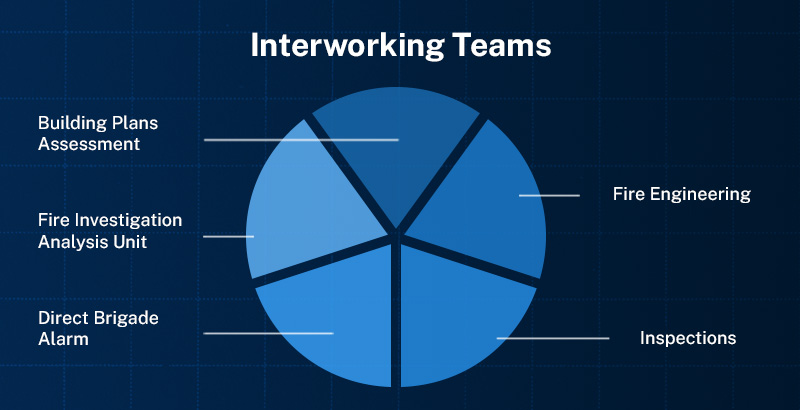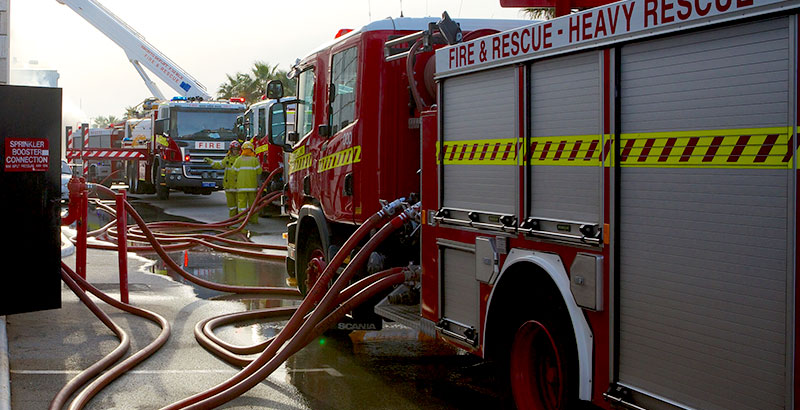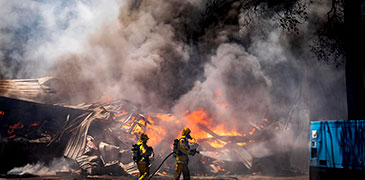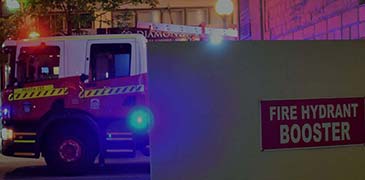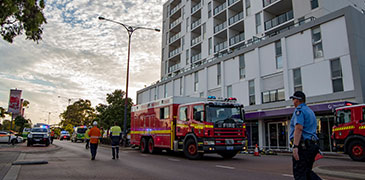To comply with Building Regulations 2012 18B(1), a building surveyor must provide plans and specifications for the building to allow assessment of compliance with the FES Commissioner’s Operational Requirements.
BEB will review the plans and specifications (including a Fire Engineering Report and supporting documents, when applicable) and issue an advice letter.
When the FES Commissioner’s advice is not followed, Building Regulation 15A(1) applies.
If the building surveyor progresses with signing the Certificate of Design Compliance prior to receiving the FES Commissioner’s advice, he/she is still required to advise the FES Commissioner in writing within 10 days of receiving the advice letter if any of the advice is not followed.
If a review of the revised FER is required, it should be formally lodged, as per BEB Electronic Lodgement Form.
To facilitate a streamline response for building surveyors, a link to the online 15A response form is available in each email issuing the FES Commissioner’s advice letter. Once submitted, a pdf copy of the 15A response form will be sent to both the applicant / building surveyor and BEB.




